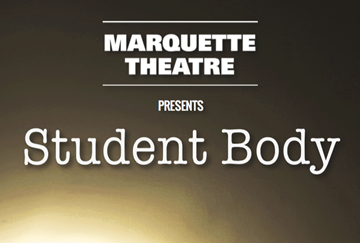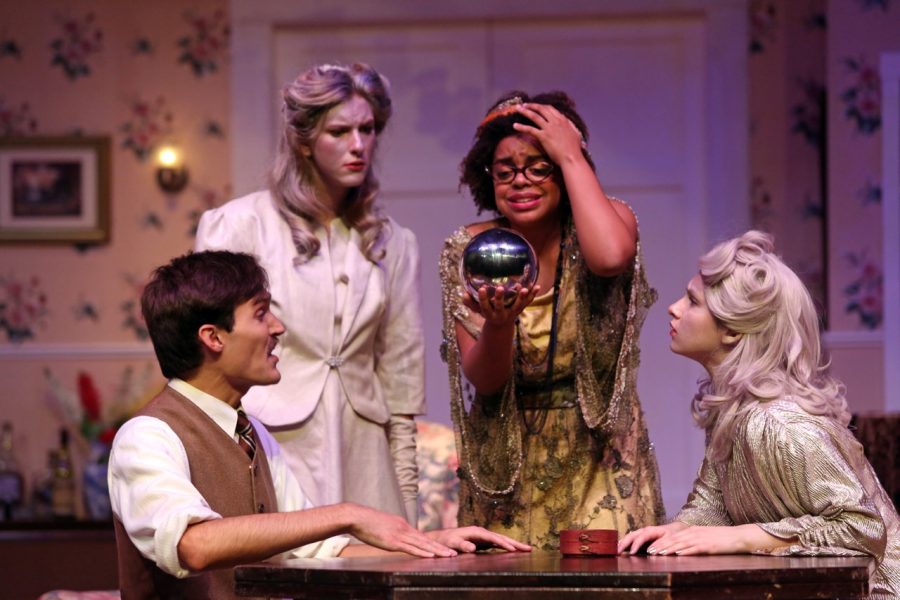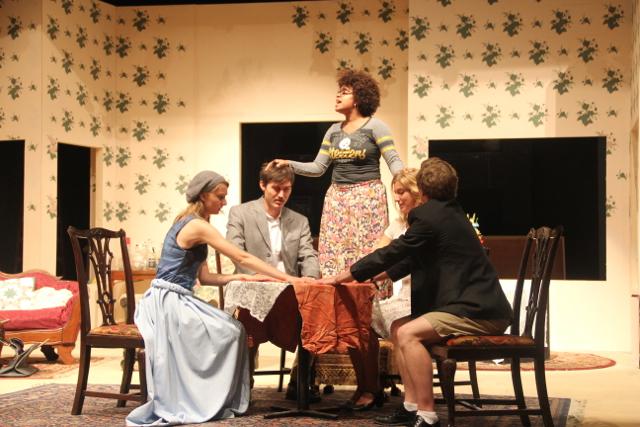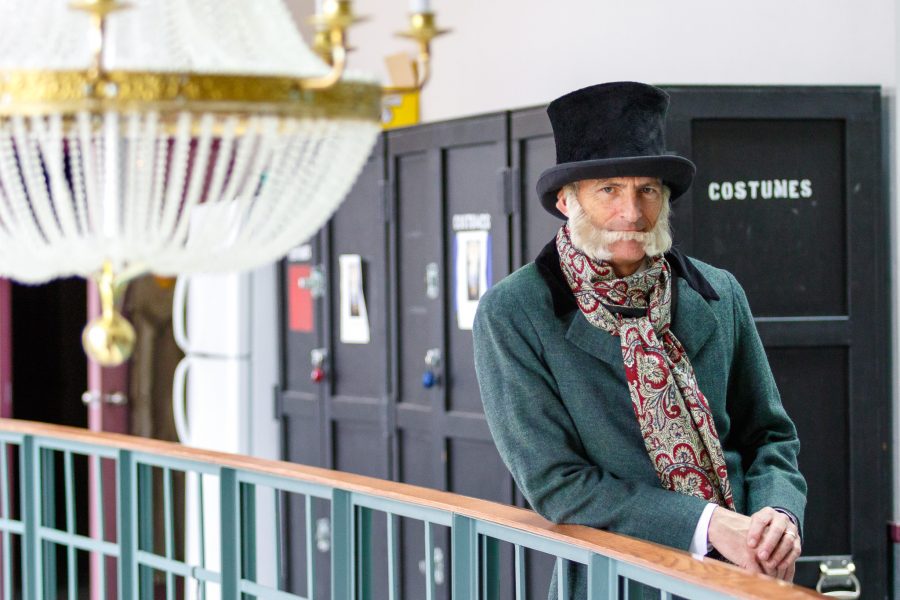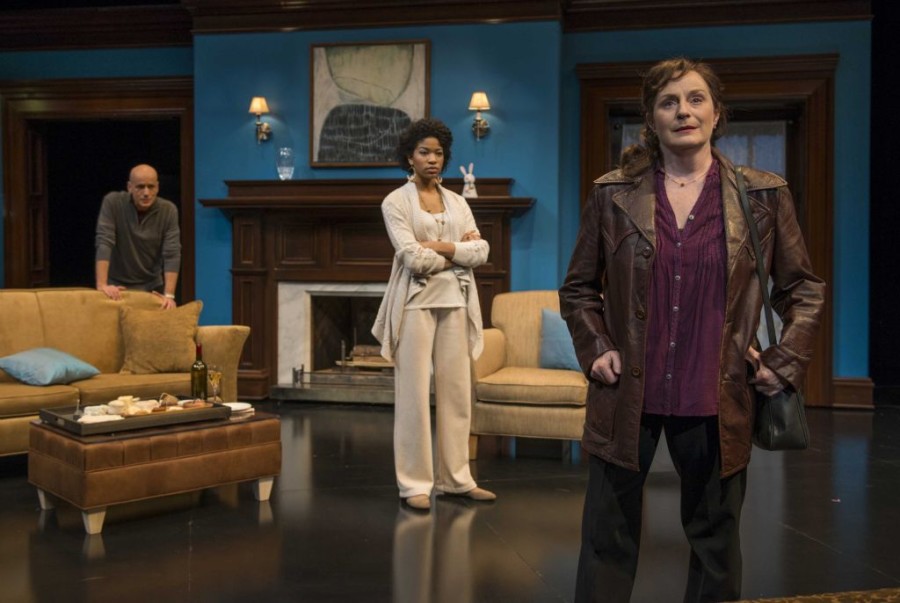Lights up on our protagonist, sitting in the theater’s audience, waiting for the show to start. Behind him, two girls sit, chattering about the show they are about to see.
GIRL 1: Okay, so Professor so-and-so said we have to compare plays done in small settings like this to those done in big theaters?
GIRL 2: Yeah, I guess. And write down like five scenes from this play that were dramatic and why.
GIRL 1: Okay, that makes sense. How long was this thing going to be again?
Our protagonist gives up. He stands, exits the theater, and slips into a parallel universe where people his age actually watch a play without their grade average depending on it.
If only, if only.
It’s no secret to those who know me that I have a higher-than-average love for the theater. I’ve been in a dozen or two plays myself, and even considered a career on stage at one point.
Turning instead to the written word has not dimmed my ardor. I can always be counted on to be that guy who refers to musicals in casual conversation and can’t understand why everyone is looking at him blankly. And when good shows roll into town or new shows open up, I’ll be the first to suggest rounding up a posse and heading out to see if they’re any good.
The problem is I feel like I’m part of a dying breed.
I’m not saying everyone has to enjoy the theater to be a well-rounded person. That’s too far, even for me.
But I do think the overall lack of awareness is particularly striking. I understand not knowing where the Milwaukee Rep is downtown, or even what the Milwaukee Rep is. But I’ve run into people at Marquette who don’t even know where the Helfaer Theatre is on campus, much less desire to go see a show there.
Part of the problem lies at the feet of theater companies themselves. Ticket prices are much too high for the average college student, easily $20 or more for student tickets at the more high-end theaters. Not even I can encourage you to go out and spend your hard-earned Jacksons on a play when we’re broke college students.
But theaters are trying to meet students like us halfway. Almost every theater company I know of in the city offers “pay-what-you-can” nights once or twice during a show’s run. It’s also a longstanding tradition in the theater community to offer “rush” tickets a half-hour or so before a show starts, selling leftover seats at vastly reduced prices.
But I don’t think prices are the real problem. They don’t help, but they aren’t the cause of this epidemic of apathy.
The real problem is that we’re taught our entire lives to see theater as a subpar form of entertainment. Why would you go see a play, society asks us, when you could turn on the television? Or rent a movie? Aren’t they the same thing?
Anyone who thinks so has never seen a play more than once. By its very nature, theater is never the same twice. Even with the same cast, there are subtle differences between performances, and even changing one actor can radically shift the tone of a piece.
It’s that singularity that draws me to theater. The knowledge that the work of art I’m about to see is unique and impermanent, something I can never see again. You can “miss” a movie or TV show, but you can always find it again. But if you miss a play or musical you want to see, you’ll never get that opportunity again. Ever.
So give theater a chance. Most companies — including our very own theater department — are just starting their seasons, so you’ve got lots of options for the next few weeks.
At the very least, it’s a sweet place to take a date. Trust me on that one.



